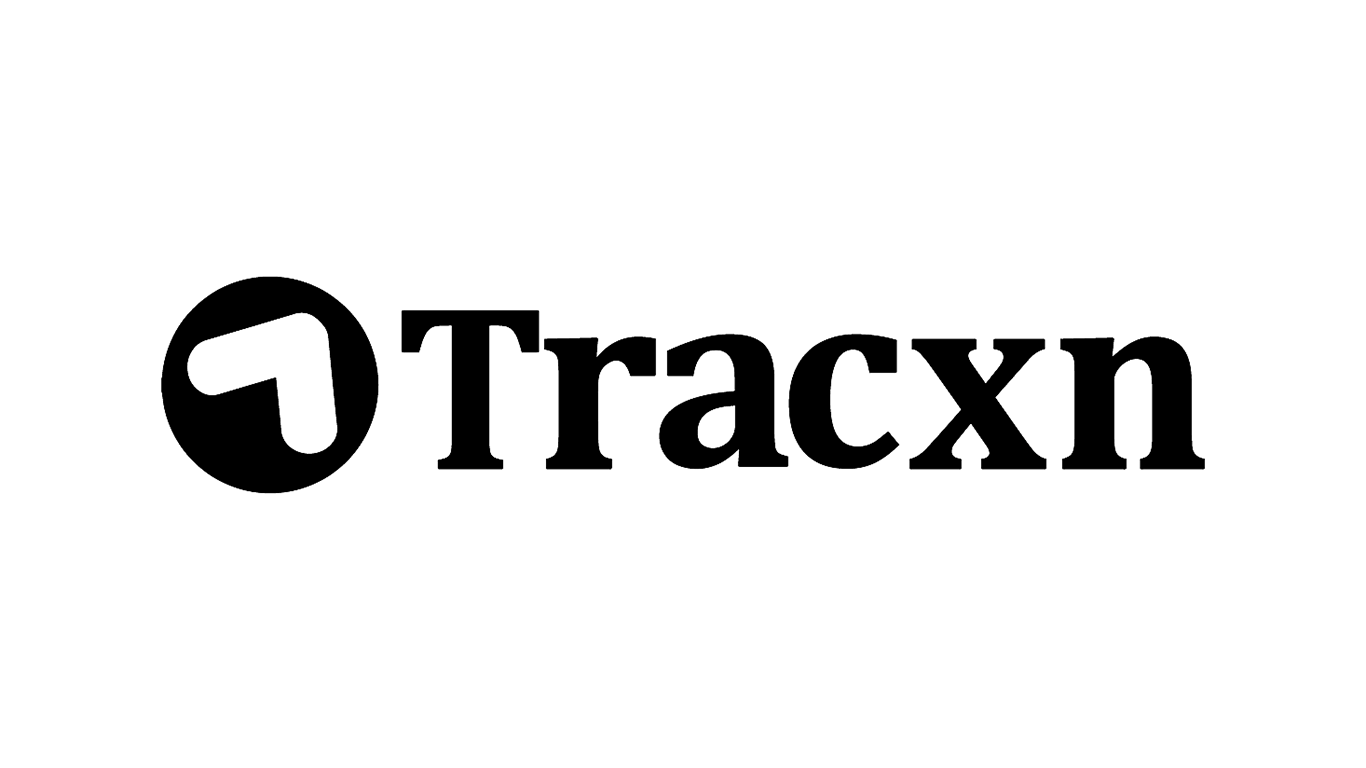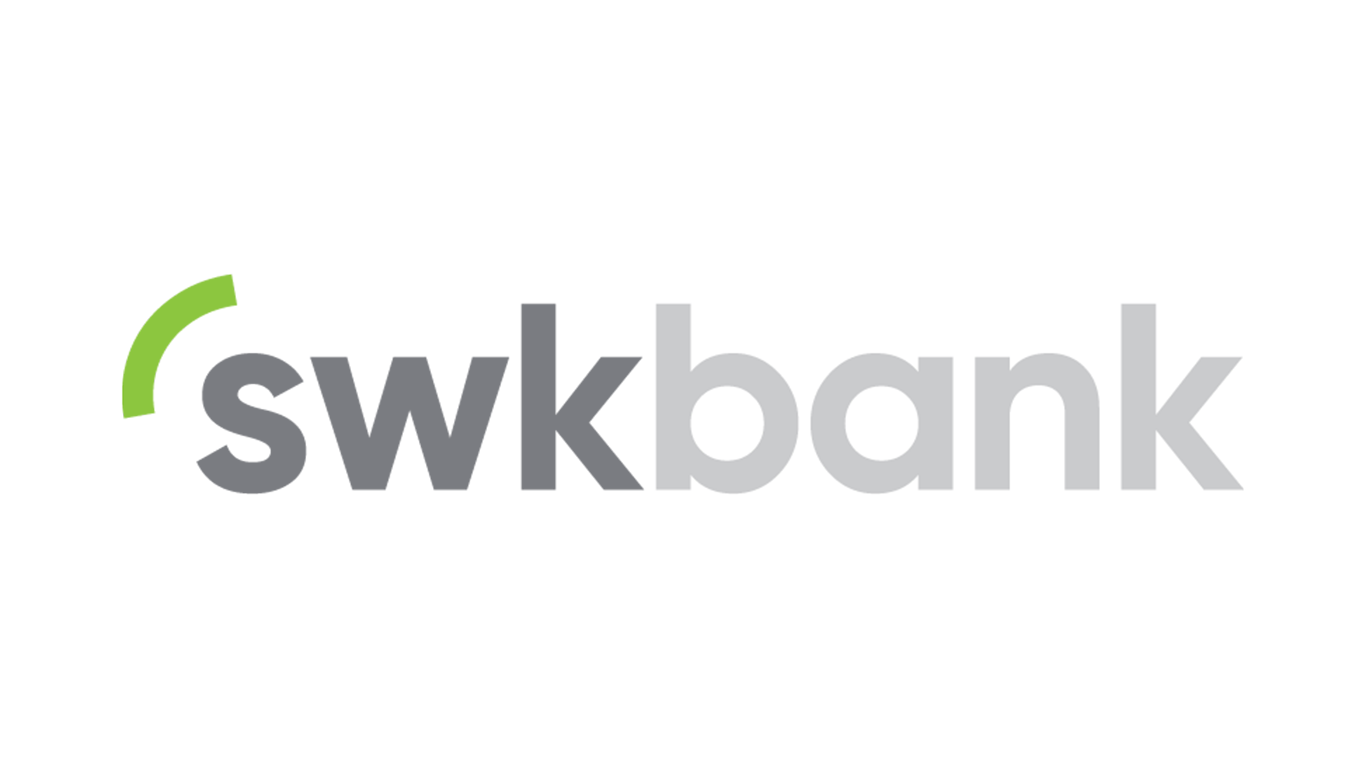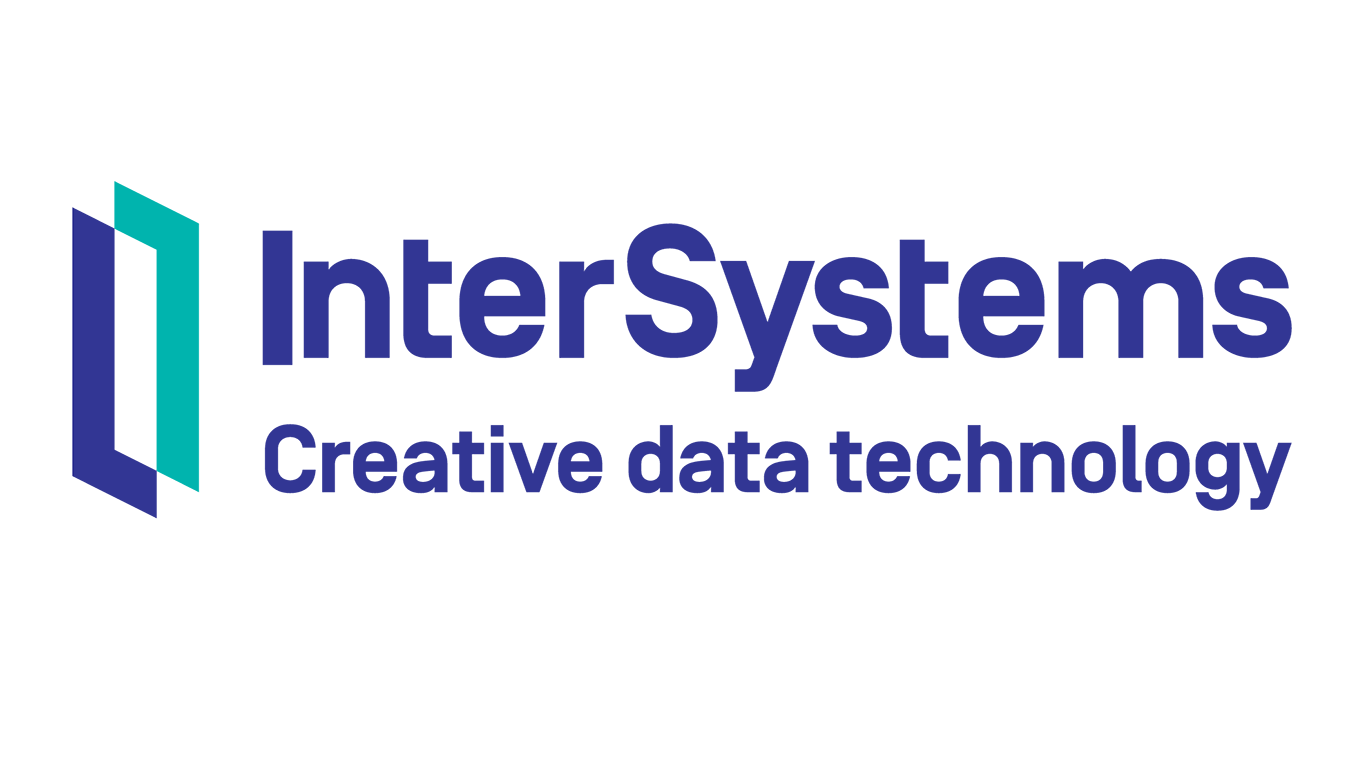Published
- 05:00 am

Springfield, Mass.-based Pioneer Valley Credit Union (Pioneer Valley) has signed a partnership agreement with Mahalo Banking, a CUSO that provides online and mobile banking solutions for credit unions. By launching the Mahalo Banking platform, Pioneer Valley plans to advance its digital banking experience and improve its competitive advantage within the industry.
Pioneer Valley is the oldest postal credit union in the nation and serves members of select employer groups and associations within Western Massachusetts. Pioneer Valley previously leveraged two different providers for its online and mobile banking, which offered members two separate, disjointed digital experiences. By launching Mahalo’s platform, their members will receive access to a true omni-experience with a seamless interface and improved usability. Pioneer Valley plans to use Mahalo’s digital banking platform to implement several new features that enable its members to enjoy more streamlined processes, greater self-service capabilities and financial wellness opportunities.
“Pioneer Valley Credit Union’s digital transformation goals were substantial, and we needed a digital banking platform that could meet the future needs of our members,” said Anabela P. Grenier, President and CEO of Pioneer Valley. “Mahalo’s proven technology as well as its future roadmap were important factors in our ultimate decision. The Mahalo team is in tune with the common challenges faced by credit unions and their members, and they understand the importance of collaboration to ensure all member needs are being met. We know this will be a successful partnership with Mahalo.”
The Mahalo Banking platform is built by credit union industry veterans and attuned to address the needs of credit unions and their members. The platform is designed to combat common member frustrations and provide an enhanced digital banking experience for the modern age through deep integrations into credit union cores and streamlined third-party integrations. Credit unions leveraging the platform deliver a unified omni-experience that ensures members have access to cohesive banking services across mobile and online browsers.
With robust performance quality, reliability and modernized usability, the Mahalo platform enables credit unions of all asset sizes to strengthen their competitive edge and retain and grow their membership base. Mahalo is a proud partner with cybersecurity experts and its platform offers a highly secure architectural design to protect credit union and member data.
“More credit unions are faced with the need to embrace digital transformation to better serve their members and effectively compete against challenger banks,” said Jim Stickley, Chief Executive Officer of Mahalo. “However, making these digital banking platform shifts can be difficult without the help of a provider that intuitively understands the needs, challenges and goals that are unique to the credit union space. We just released a significantly enhanced version of our Mahalo Banking platform that delivers digital banking humanized, which will enable Pioneer Valley to truly elevate its overall member experience. We are excited to offer its members the innovative tools they need to achieve greater financial autonomy.”
Related News
- 05:00 am

Tracxn, a leading global SaaS-based market intelligence platform, has released its Geo Quarterly FinTech UK Report - Q1 2023. The report, based on Tracxn’s extensive database, provides insights into the UK FinTech space.
The UK has been one of the most FinTech-friendly nations, leveraging its favourable time zone, better infrastructure & political support and a globally acknowledged regulatory practice. The country has the highest FinTech adoption rate of 71%, compared with the global average of 64%, and has the second highest number of FinTech startups, next to the US.
UK’s FinTech startups witnessed their highest funding in Q1 of 2022, after which the funding started to decline. This drop is majorly due to the ongoing Russia-Ukraine war, which increased oil and energy prices rapidly. This in turn induced a higher inflation rate and high cost of living for UK citizens. Q1 of 2023 is the least funded quarter in the last three years (since 2020).
In Q1 2023, UK FinTech startups raised a total of $595 million, a drop of 65% from total funding of $1.7 billion in Q4 of 2022. This is also 89% lower than the funding of $5.5 billion recorded in Q1 of 2022. Late-stage funding was the most affected in Q1 of 2023, plunging 95% and 63% when compared with Q1 2022 and Q4 2022, respectively. In the first quarter of this year, companies in the FinTech space attracted late-stage investments worth $197 million, as against $4.2 billion in Q1 of 2022 and $533 million in Q4 2022.
Startups in this space recorded early-stage investments worth $315 million in Q1 2023, a fall of 69% and 71% from Q4 of 2022 and Q1 of 2022 respectively. Seed-stage funding witnessed a marginal drop of 5% from Q4 2022 having raised $83.6 million in funding in Q1 2023. The highest funding in Q1 2023 was observed in February, but it is still 83% lower than February 2022, which was the highest funded month in the past decade.
Alternative Lending, Banking Tech, and Digital Insurance were the top-performing segments in the first three months of 2023. Companies in the Alternative Lending segment attracted the maximum investments in Q1 2023, 28% higher than in Q4 2022. However, this is still 77% lower when compared with the amount raised in Q1 2022.
Among UK cities, FinTech companies in London raised the highest funding this quarter ($481 million), followed by Alfold ($40 million) and Cardiff ($30 million). Seedcamp, Accel and Anthemis Group are the most active investors in the UK FinTech space.
No new Unicorns emerged and no IPOs took place in the first three months of this year, similar to the previous quarter. However, there was a slight uptick in terms of the number of acquisitions, with 26 acquisitions in Q1 2023, as against 24 in Q1 2022 and 22 in Q4 2022.
No funding round reached the $100 million mark in the UK FinTech space in the first quarter of this year. Neobanking startup Zopa raised $92.5 million, making it the biggest amount raised in the sector during this period.
In response to this downward trend in investments, the UK government has taken a number of measures to support startups. In February 2023, the government launched a National Hub for FinTech, which is expected to focus on early-stage startups. Further, tax support for research-intensive startups was also introduced in the UK’s spring budget. These measures are expected to support and encourage startups in developing better technologies or better problem-solving ideas to sustain their business.
Related News
- 01:00 am

Indian mobile payments company PhonePe has raised a further $100 million in an ambitious attempt to complete an ongoing $1 billion financing round.
The new funds from returning backer General Ataltantic bring the total raised by the company over the past few months to $750 million.
PhonePe picked up a $450 million investment in February (including $350 million from Genral Atlantic), followed in March by a $200 million injection from majority backer Walmart.
Founded in December 2015, PhonePe today has over 400 million registered users, representing one in four Indians and covering 99% of pin codes in the country.
The fundraise follows PhonePe’s recently announced change of domicile to India and full separation from e-commerce giant Flipkart.
The investments value the company at $12 billion, making it India's most valuable fintech startup.
The new funds will be used to develop and scale new financial services businesses including insurance, wealth management, stock trading, lending and account aggregation.
Earlier this month, PhonePe ditched a planned acquisition of BNPL player ZestMoney over due diligence concerns.
Related News
- 04:00 am

Global Screening Services (GSS), a RegTech innovator focused on financial transactions screening, has today announced its partnership with Dow Jones Risk & Compliance, a global provider of best-in-class risk data, integrated technology solutions and due diligence services for managing regulatory risk.
This partnership will enable financial institutions to access an industry-leading set of information on sanctioned entities to identify transactions of concern in real-time.
Providing granular coverage of global sanctions regimes, including comprehensive control and ownership information, Dow Jones’s payment and transaction screening dataset delivers trusted information to help organisations manage risk. Dow Jones’s multilingual research team expertly interprets data across jurisdictions and languages, delivering only the most relevant results to minimise false positives and reduce the compliance workload. This will enable GSS to screen financial transactions with precision and confidence.
Joel Lange, General Manager of Dow Jones Risk & Compliance, comments:
“We are thrilled to partner with GSS to deliver an industry-leading solution for sanctions transaction screening. In today’s highly dynamic sanctions climate, access to timely, complete and reliable data has never been more important. Together with GSS, we aim to ease the compliance burden for global banks—reducing friction in cross-border payments, while stopping the flow of illicit funds through the financial system."
Over the past two years, GSS has been a pioneer in collaboration, partnering with several leading financial institutions and technology businesses focusing on financial screening. Just recently, GSS announced its partnership with Silent Eight and SWIFT to deliver expertise on security and data privacy and provide seamless sanctions screening.
Tom Scampion, CEO at GSS, comments:
"As we pass the first anniversary of Russia’s invasion of Ukraine, sanctions effectiveness continues to dominate news headlines. Screening sanctions is both an international security imperative and yet a material source of friction for our global financial system. Our collaborative solution creates a new transaction processing standard that improves efficiency and reduces friction. We're delighted to welcome Dow Jones into our ecosystem as GSS's sanctions data partner to support this solution. Dow Jones has a reputation for accuracy, depth, and innovation, which aligns with the values that GSS represents."
Related News
- 05:00 am

In the age of sophisticated identity fraud, including fraud enabled by artificial intelligence (AI), it’s of paramount importance to establish a comprehensive and highly diverse verification process to enable as many identity checks as possible. Multi-phase authentication that comprises document and biometric checks makes it possible to spot forgery more effectively, while face recognition and liveness detection play a crucial role in ensuring that a person is real and the rightful owner of the identity documents, and that no fraudster is trying to bypass the identity verification process. Regula’s global survey* has confirmed the importance of these capabilities: 27% of organizations consider face recognition to be the most effective at combatting identity fraud among other methods of verification.
Regula Face SDK's redesigned face liveness detection technology offers a balance between a simple UX and high reliability by using the zero-trust concept. Every session has its own unique parameters that cannot be reused by fraudsters for tampering, so the enrollment process is more accurate and fraud-resistant. Exhaustive sets of checks are executed on a backend to protect against different attack vectors: printed photo, mask, screen replay, and so on. At the same time, the updated liveness check is intuitively clear and convenient for the user and is completed within a second.
Reliable enrollment with image quality assessment. Thanks to the addition of a new feature called Face Image Quality Assessment, Regula’s solution now instantly validates a digital photo against predefined standards that can be either unique to a company to comply with its internal standards, or compiled into the desired combination of over 45 parameters of the ICAO Standard or the ISO/IEC 19794-5:2011 Standard. Also, there is an option to choose an out-of-the-box preset for photo validation according to ICAO, Schengen visa, or US visa standards.
The Face Image Quality Assessment feature is perfect for checking photo validity for official documents, like visas, permits, etc., both in governmental and commercial organizations. However, it also has a more general application, as it elegantly solves a rather frequent problem that companies in all industries come across: tiresome and time-consuming manual assessment of photos which are used for onboarding clients, issuing permits, granting admissions, and so on.
Real age verification. Regula has enhanced the automatic age verification capabilities in its Regula Face SDK. The updated techniques employ neural network functionality, so instead of just outputting "adult" or "child" after the analysis, the solution reliably predicts the age range of a user right from their photo. Everything is done in the blink of an eye, and completely automatically.
Extensive facial attribute evaluation. Regula Face SDK automatically identifies whether the person in the photo is wearing a medical mask, glasses, head covering, etc. All you need to do is upload an image and receive a list of facial attributes. With the help of facial attribute evaluation, you can define whether the eyes are occluded, closed, or open; whether the facial expression is neutral or emotional; and whether or not there is a smile, glasses, sunglasses, head covering, medical mask, headphones, etc.
Enhanced face identification. The updated Regula Face SDK offers significantly improved face search among a variety of photos in a client’s database. Using only photos of faces, companies can double-check the identities of their clients to make sure they’re dealing with legitimate users. Also, the solution facilitates biometric access control, as it empowers organizations with handy tools to compare a person with the photo they provided and automatically grant or restrict access when the check is complete.
All this is possible thanks to the ability to assign multiple attributes to a photo. Each photo can be assigned certain parameters from a client’s database, like the name of the person, their age, gender, driver’s license number, credit score, etc. The solution’s architecture allows for unlimited registration of persons, and supports infinite horizontal scaling. No matter how many incoming requests there are or how many records are stored in the database, the search mechanisms in Regula Face SDK are able to meet even the most elevated demand while continuing to provide high performance.
“We never stop improving our identity verification solutions to empower businesses with new opportunities as major processes rapidly become digital. With these new features, Regula Face SDK offers a comprehensive approach to biometric verification for a broader variety of tasks, be it fully remote client onboarding, KYC checks, access or border control, and much more,” says Ihar Kliashchou, Chief Technology Officer at Regula.
Related News
- 07:00 am

SWK Bank, one of Germany's leading service and direct banks, will move from its current headquarters in Bingen to Mainz. The new office space in Mainz has been specially designed to promote cooperation between the teams and individual divisions to support the bank's further growth. The Bank is planning a 2-location strategy: the back office will continue to work from Bingen, the other departments from the new location in Mainz. The head office will be relocated to Mainz. The relocation will take place on May 1, 2023.
Ulf Meyer, Spokesman of the Management Board of SWK Bank: "In our new premises in the Kisselberg Innovation Park in Mainz, the bank has the necessary space and infrastructure to cope with further growth. A multitude of innovative features and technologies make it possible to efficiently organise the cooperation between the individual divisions and to further improve processes and procedures for our end customers in the deposit and consumer loan business as well as in the constantly growing banking as a service sector. In addition, the building is technically state-of-the-art and supports us in further improving our carbon footprint.“
"With the new location and its connection to the motorway, railway, airport and local transport, we will become even more attractive for existing and new employees. The improved accessibility and technical infrastructure should also further increase employee satisfaction. SWK Bank was named a Top Company in 2022 and achieved a higher rating on the kununu rating portal than the average for the banking industry.“
In the Future Atlas of the research and consulting company Prognos, Mainz ranks 45th in a nationwide comparison and, together with Koblenz, is the independent city in Rhineland-Palatinate with the best prospects for the future. According to the city ranking by IW Consult, Mainz is the economically fastest-growing major city and has jumped from 48th to first place due to its significantly increased municipal tax power.
"These study results confirm our decision to locate in Mainz,“ emphasises Ulf Meyer. Every three years Prognos examines the economic future viability of all independent cities and districts in Germany, currently 400, taking into account 29 indicators on competitiveness and innovative strength, the labour market situation, demographics as well as the social situation and prosperity. IW Consult's city ranking uses three indices to compare the status quo (level ranking), the development (dynamic ranking) and the current state of sustainability of the 71 major German cities with more than 100,000 inhabitants and examines the socio-economic structures and developments based on economic structure, quality of life, labour and real estate market.
Related News
- 07:00 am

The Home Office has introduced a new crackdown on fraud to protect businesses and consumers as part of the Government’s commitment to tackling financial crime.
As part of a failure to prevent fraud offence, organisations must demonstrate their deterrence measures should fraud be committed by an employee. Failure to do so risks an unlimited fine.
An overall goal is to promote financial crime prevention, encouraging businesses to invest in this area and ensure their own processes are effective in order to minimise incidences and protect consumers, businesses and the taxpayer.
Dr Henry Balani, Head of Industry & Regulatory Affairs for Encompass Corporation, commented: “Tackling financial crime should be at the forefront of the Government’s plans, and regulatory developments. Those such as the Economic Crime and Corporate Transparency Bill and Economic Crime Plan 2 are key to protecting the UK’s standing as a safe and lucrative place to conduct business, as well as protecting the public from the widespread effects of economic crime. Support from the regulator, as outlined in the FCA’s roadmap for the next 12 months, is a crucial aspect to promoting sound practices, boosting both the prevention and detection of illicit activities.
“Technology has a central role to play in this ongoing fight against financial crime. Leveraging the latest in technology, such as dynamic Know Your Customer (KYC) process automation, for example, can dramatically increase the effectiveness and efficiency of KYC processes and overall compliance, while helping to identify risk faster. Harnessing technology solutions, alongside Government and regulatory focus, can empower businesses to play their part in the response to financial crime, and, in doing so, help to ensure the UK maintains its reputation as a leading hub to do business with."
The Home Office’s legislation is to be introduced within the Economic Crime and Corporate Transparency Bill, supported by the Serious Fraud Office and Crown Prosecution Service. The legislation will allow prosecutors to hold organisations accountable should an employee commit fraud for the organisation’s benefit and reasonable prevention procedures were insufficient.
Security Minister Tom Tugendhat said: “Our new failure to prevent fraud offence will protect consumers from dishonest and misleading sales practices, and level the playing field for the majority of businesses that behave responsibly.
“This Government is committed to fighting economic crime, as demonstrated by our recently launched Economic Crime Plan 2, which set out how we will give law enforcement more state of the art resources to tackle high level offending.”
Related News
- 07:00 am

Founded in 2017, the new online banking `Sends` presented its first financial products for individuals and legal entities.
`Sends` is a Britain-based online banking with various financial services, starting with Internet acquiring and the opening of multicurrency business accounts. The company offers a fast, flexible and individual approach.
One of the most demanded services is Internet acquiring. With an online business constantly growing, companies need better service output. `Sends` offers low commission, fast compliance process and 24/7 technical support.
The list of services also includes opening multicurrency business accounts for European-based companies. `Sends` can open a SWIFT, SEPA banking account within 48 hours from the moment of submitting the documents. The companies that just entered the European market will benefit from time-saving processes. It is also the best solution for startups, entrepreneurs, e-commerce merchants.
`Sends` clients can manage all accounts and currency transactions in dashboards. The team provides you with real-time information.
`Sends` has its head office in London, Great Britain.
Related News
- 05:00 am

Leading global intelligence and cyber security consultancy S-RM has today announced the opening of its new office location in Manchester. This will be S-RM’s second UK hub and creates a strategic regional presence in the North for S-RM’s growing portfolio of clients, partners, and employees.
The expansion brings the company’s global presence to nine offices globally. The new Manchester office will initially house 12 employees across S-RM’s sales, finance, and central operations functions and, in future, consultants from the Corporate Intelligence and Cyber practices.
The new office opening in Manchester also marks a significant step in S-RM’s longer-term strategic vision. With a presence in a Top 20 European Digital City – now home to GCHQ, a £10m Digital Security Hub and the UK’s fastest-growing cyber ecosystem – S-RM will have access to the city’s wealth of talent, as well as its pioneering advancements in cyber and tech innovation.
Located at 11 York Street, a Grade A office building only a short walk from Piccadilly Gardens, the new office officially opens this evening with a drinks mixer for staff and will be operational immediately. S-RM’s neighbours in the building include Rolls-Royce SMR, Teneo, Avison Young and Gilbanks.
The Manchester office will be headed by Chief Finance Officer Kelly Rogers-Davison and Chief Revenue Officer John Kemp.
Kelly Rogers-Davison, Chief Finance Officer at S-RM, comments:
“Opening our new office in Manchester gives us access to the fantastic pool of local talent and access to an increasingly prominent hub of cyber security and business in UK. We’re delighted to be extending our footprint outside London, so we can better serve our clients in the region and be on the ground closer to their offices and businesses.
“It’s an exciting time to see our company grow and there will be plenty more positive news to come as we expand the team and our client base in the local area.”
John Kemp, Chief Revenue Officer at S-RM, adds:
“We’re excited to be planting our flag in Manchester with this new office opening. The city has a wealth of leading strategic partners across law, insurance and technology and this move will see S-RM perfectly placed to support these valued partners with cyber security, intelligence and advisory services.
“Having grown up in Cheshire, I’m thrilled that Manchester won our selection process for the new location and looking forward to the new business opportunities and cyber capabilities that being based in the city will bring for our business.”
Related News
- 09:00 am

More than a third (35%) of financial services organisations in Europe aren’t basing critical business decisions on real-time data, and instead are using assumptions which could see them lose out to the competition.
According to a new survey by InterSystems, conducted among almost 200 senior leaders within Europe’s financial services firms, an overwhelming majority (92%) of them are relying on data that is more than an hour old, with some (39%) even using data greater than four days old, which could be impacting bottom line figures.
As IT systems are likely being inundated with ad-hoc queries to keep up with volatile market changes and customer demands, this puts pressure on their performance, resulting in delays. Forty-three percent of respondents also claimed they have anywhere between 25 and 100 data and application silos, which further slows down their access to the data.
These challenges will also have other wide-ranging implications, including:
- Difficulty in obtaining a 360-degree view of customers to help enable the delivery of personalised services, currently faced by 35% of respondents.
- Having a limited digital offering, felt by 23% as their biggest barrier to customer retention.
- Being unable to identify an issue in time for corrective action to be taken, which 20% cited.
- A lack of data to innovate and develop new applications, which 19% of respondents aren’t confident in doing.
Tim FitzGerald, EMEA financial services manager, InterSystems, commented, “The data challenges being experienced by European financial services firms will be significantly impacting their ability to make accurate, real-time decisions to cope with market volatility, deliver high-value services to customers, and manage risk. By obtaining access to a 360-degree, real-time view of their data, which more than half (54%) say they want to achieve this year, firms will be in a better position to reduce churn, generate more alpha and reduce risk, but also use tools like analytics to predict what will happen and what they want to happen to drive the business forwards.
“One solution that can be adopted uses an innovative architectural approach, the smart data fabric, which accesses and harmonises data from existing systems and silos inside and outside the organisation on demand, ensuring that the information is both current and accurate. It also incorporates the ability to perform analytics on real-time event and transactional data. For financial services firms, this means they can move away from querying on offline or intraday numbers, to making decisions in the moment and claim a competitive edge.”









